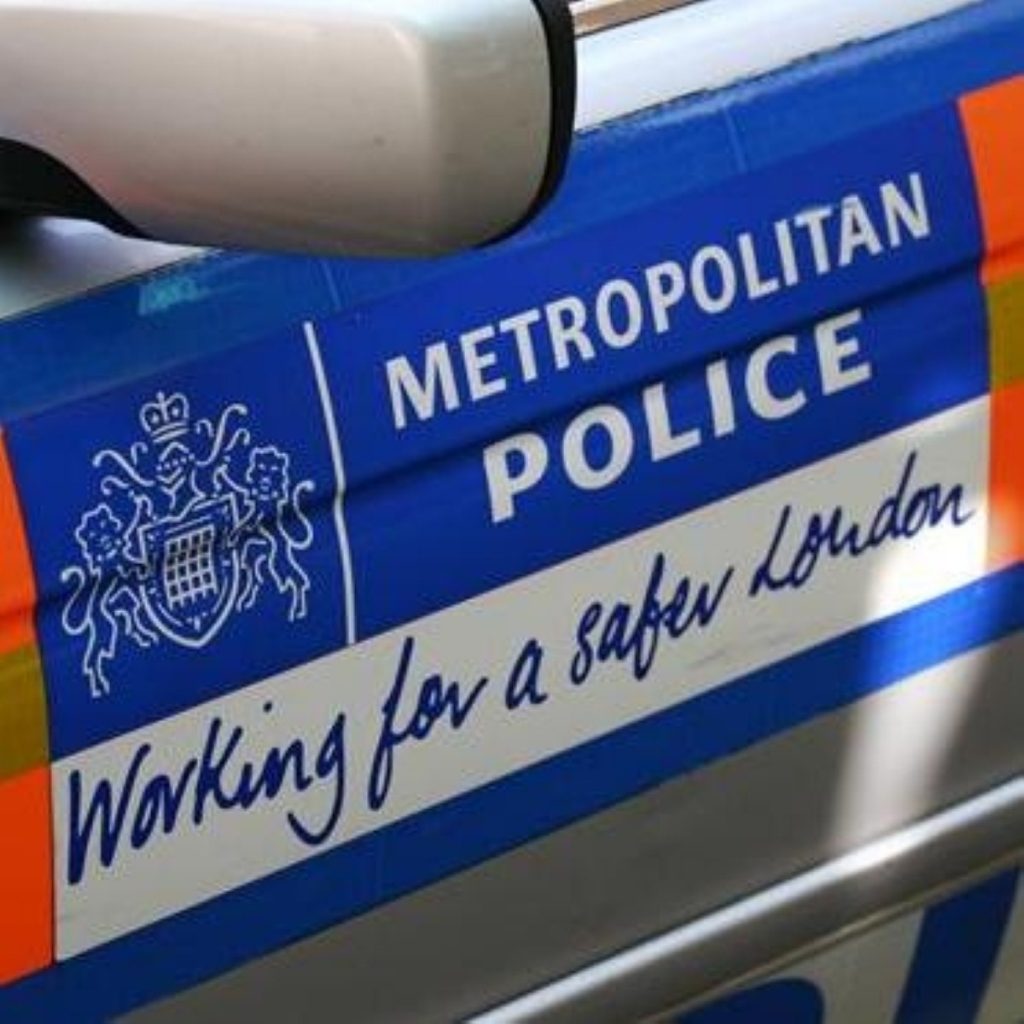Police meet with Lords leader
By politics.co.uk staff
Detectives have met with the Labour leader in the Lords to discuss the four peers who were stung in a Sunday Times report last weekend.
Following the meeting, Baroness Royall said: “The police are reviewing the relevant material in this matter to assist them in deciding whether it would be appropriate to continue.”
The involvement of the police follows requests from Liberal Democrat home affairs spokesman Chris Huhne for them to investigate the matter.


Today, Mr Huhne said: “The police review of the evidence is understandable given the lack of clarity in our existing anti-corruption and anti-bribery laws, which has been crying out for reform for many years.”
But today’s statement, from new police commissioner Sir Paul Stevenson, indicates any potential police investigation will be a long time coming.
The Sub-Committee on Lords’ Interests, chaired by Lady Prashar, has now met and its investigations into the allegations are under way.
In parallel, the Committee for Privileges is considering issues relating to the rules of the House.
Both committee may have to suspend their inquiries if the police decide to embark upon an investigation.
In a statement to the Lords today, Baroness Royall said: “My Lords, I should stress that the police are not investigating this matter at this stage.
“The police are reviewing the material in relation to the allegations to decide whether such an investigation would be appropriate.”
The peers – Lord Truscott of St James, Lord Taylor of Blackburn, Lord Snape and Lord Moonie – were approached by undercover reporters from The Sunday Times posing as lobbyists, to make amendments to a Lords bill in return for money.
It appears, however, that only two of the peers – Lord Taylor of Blackburn and Lord Truscott of St James’s – are under threat of investigation.
In a separate development, newly released records revealed some peers omitted details of their consultancies with private companies when listing parliamentary questions, or in debates about issues related to their corporate sponsors.
Lord Brooke of Alverthorpe, a leading trade unionist; Lord Christopher, an expert on the nuclear industry; and Lord Browne, the former chief executive of BP, were among those who failed to declare consultancy work when their state business and the interests of the firms paying them crossed over.
Lady Royall, leader of the Lords, urged on Tuesday for the rules to be changed to ensure peers “cannot earn a living that warps their work as parliamentarians”.
The House of Lords code of conduct requires parliament is given notice of “relevant interest in the context of the debate or the matter under discussion ¿ in order that their audience may form a balanced judgment of their arguments”.
The lords omissions, discovered in House of Lords records, makes them the latest in a series of peers recently exposed for failing to abide by parliamentary rules.
Gordon Brown yesterday backed ’emergency sanctions’ to punish any peer found guilty in the scandal.
The claims were “deeply worrying,” the prime minister told the Commons.
Adding to his worries are reports that peers have been giving lobbyists and pressure groups exclusive access to the Houses of Parliament.
Security passes meant for researchers and secretaries are finding their way to people linked to small business organisations, energy companies, banking, advertising, financial services and charities.












